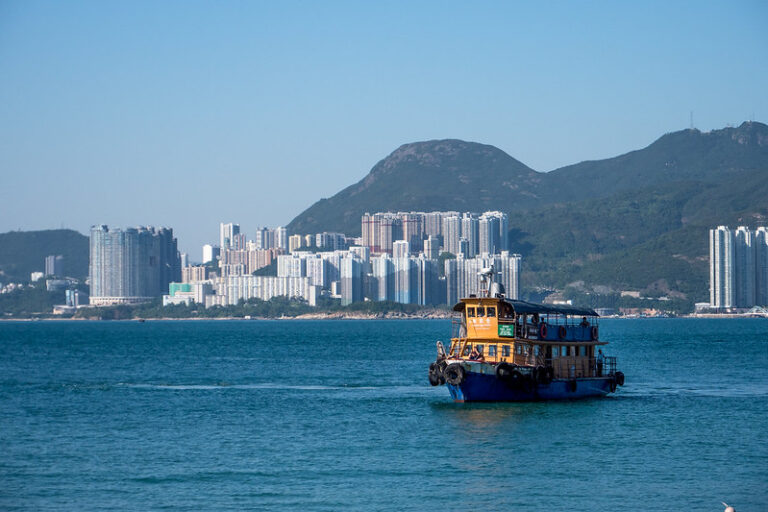The article discusses the historical and ongoing practice of land reclamation in Hong Kong, which has played a crucial role in the city’s urbanization and economic growth since reaching a 100% urbanization rate in 1993. Initially used to address overcrowding and housing shortages, land reclamation has created over 70 sq km of new land since the 19th century and significantly contributed to the city’s infrastructure, including the airport and metro system.
However, despite its benefits, land reclamation has faced criticism for its environmental impact, contributing to biodiversity loss and habitat destruction. Recent projects, such as the controversial “Lantau Tomorrow Vision,” aim to create new artificial islands for housing and economic development but risk further damaging marine ecosystems. The project’s estimated HKD$624 billion cost has raised questions about financial feasibility and resource allocation, particularly after COVID-19.
The article emphasizes the need for comprehensive environmental impact assessments before proceeding with such large-scale reclamation efforts and highlights the balancing act required between urban development and environmental conservation in Hong Kong’s future planning decisions.
Source link


